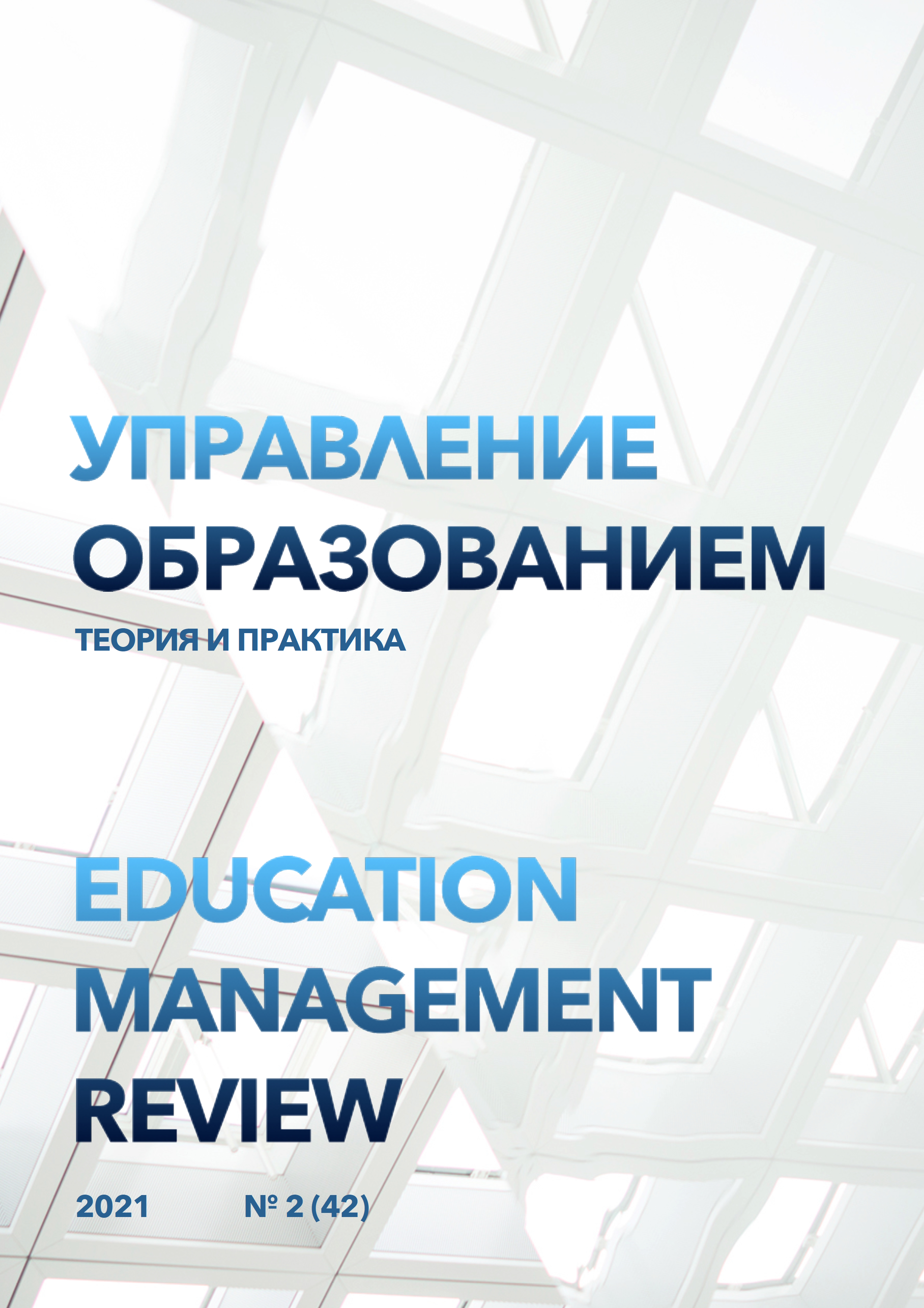Sustainable development of the university in the context of globalization processes
DOI:
https://doi.org/10.25726/r0276-8974-3875-yKeywords:
university development, globalization, processes, formationAbstract
In the XXI century, the importance of the quality of human capital and the level of education of citizens for ensuring the defense capability and competitiveness of the state is increasing. Education, science, and related technologies are increasingly becoming the foundation for productivity growth. Investments bring much better results with highly qualified employees and a modern technological base. In these conditions, the role of universities increases, their functions expand. In addition to performing educational and research functions at the local and national levels, they are increasingly involved in major international scientific and technical projects aimed at creating innovative technologies to solve global problems (energy supply, water and food safety, overcoming the effects of climate change, etc.). Educational science as a basic and connecting link in the system of "training, research, innovation" implements the following main functions: innovative (creates new knowledge that is the basis of innovation) and cognitive (students ' participation in scientific research increases the level of quality of their training).
References
Академическая мобильность иностранных студентов в России // Факты образования. 2016. № 7. URL: http://5top100.ru/upload/iblock/750/fo7.pdf
Бурганова Л.А. Управление изменениями в системе высшего образования: проблемы методологии // Вестник экономики, права и социологии. 2014. №2. С.162-169.
Галажинский Э.В., Прозументова Г.Н. Становление исследовательского университета: прецедент и феномен управления изменениями в классическом университете // проблемы управления в социальных системах. 2004. С. 8-12.
Галажинский Э.В. Как будет меняться управление университетами // Университетское управление: практика и анализ. 2018. №22. С. 6-10.
Карпов А. Современный университет как драйвер экономического роста: модели и миссии // Вопросы экономики. 2017. № 3. С. 58-76.
Кряклина Т.Ф. Многообразие моделей университета: модели, адекватные своему времени // Международный журнал экспериментального образования. 2016. № 5. С. 262-266.
Оспанова А.Н. Высшее образование и академическая мобильность в интеграционных проектах современности: ЕС и ЕАЭС. Астана, 2017.
Россия в цифрах. Федеральная служба государственной статистики. 2016. http://www.gks.ru/free_doc/doc_2016/rusfig/rus16.pdf;
Чистохвалов В.Н., Филиппов В.М. Состояние, тенденции и проблемы академической мобильности в Европейском пространстве высшего образования : учеб. пособие. М. : РУДН, 2008. 162 с.
Шаповалов В.Н., Мангушов Д.М. Принципы интеграции вузов и предприятий // Экономика труда. 2017. № 3. С. 273-282. doi: 10.18334/et.4.3.38323.
Шаповалов В.Н., Петрова О.А., Ровенская А.И. Экспериментальный подход к формированию модели компетенций инновационного специалиста // Креативная экономика. 2017. № 8. С. 825-838. doi: 10.18334/ce.11.8.38215.
Щепилова А.В., Гончарова В.А., Михайлова С.В., Бажанов А.Е., Алпатов В.В. Современный университет: От модели к российской действительности // Высшее образование в России. 2017. № 12. С. 93-101.
China Scholarship Council. Annual Report 2018. Р. 7. http://www.csc.edu.cn/uploads/20090831162723653.pdf
Flow of Tertiary-Level Students / UNESCO Institute for statistics, 2017. http://uis.unesco.org/en/uis-student-flow
Global Flow of Tertiary-Level Students / UNESCO Institute for statistics. 2017. http://uis.unesco.org/en/uis-student-flow




